Helios Dayspring’s Shoddy North County Operations
Indicted Cannabis Grower Could Lose Last of His State Licenses to Operate in Santa Barbara County
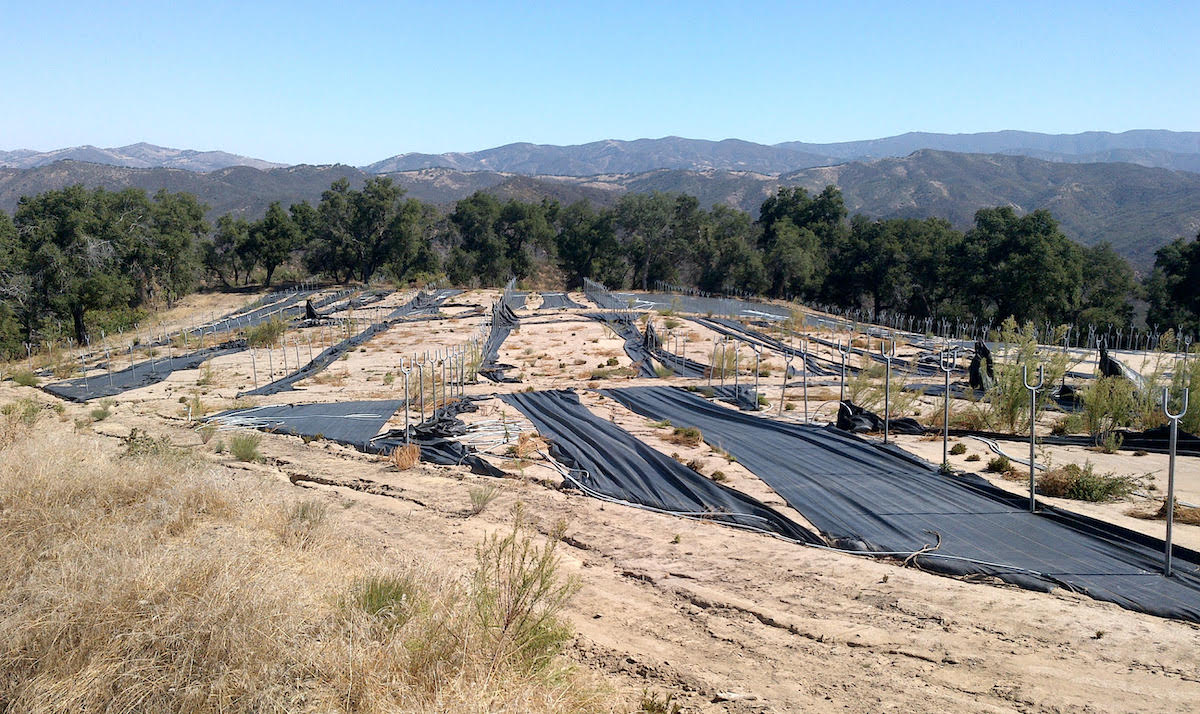
Two years after Helios Dayspring was caught breaking county zoning and state water quality laws — he was illegally expanding a cannabis operation on private land in Los Padres National Forest and polluting the creeks — county officials are taking steps that could lead to the shutdown of his last remaining “grow” here.
Dayspring’s rise in the Central Coast cannabis industry was swift; he opened three dispensaries in San Luis Obispo County in recent years and was granted 37 provisional state licenses for the cultivation of medical marijuana in San Luis Obispo and Santa Barbara counties. A glowing promotional video from 2017, posted on YouTube, showed footage of Dayspring as a baby and called him “The Sun King.”

“It’s a high-risk business,” Dayspring says in the video, which features his “grows” in Los Padres and Tepusquet Canyon, east of Santa Maria. “You can lose everything. You have to have the confidence to pull this shit off … We’re never leaving the mountains if we don’t have to. We’re always going to be staying out here, because this is where the true beauty of California is.”
Yet he may be leaving soon. In an abrupt reversal of fortune, Dayspring is expected to plead guilty this month to felony charges of tax evasion in San Luis Obispo and Santa Barbara counties and bribery of a San Luis Obispo County supervisor. The plea agreement was filed by the U.S. Attorney’s office in Los Angeles on July 28; it states that the bribe was $32,000, and that Dayspring will pay the Internal Revenue Service $3.4 million. He faces up to 13 years in prison.
Now, Santa Barbara County officials have been laying the groundwork for a state order that would force Dayspring to surrender the six provisional licenses that allow him to grow cannabis on his Los Padres in-holdings — two parcels totaling 160 acres on an oak-studded ridgeline in the San Rafael Mountains, two miles from Tepusquet Road.
These are the only active state licenses that Dayspring currently holds for cannabis cultivation in this county, down from 18 in 2018. His company, 805 Ag Holdings Cannabis Cultivation LLC, applied for a county zoning permit in late 2018 to grow six acres of cannabis in Los Padres. According to a new permit application that was submitted to the county last week, one acre of cannabis is currently under cultivation on Dayspring’s holdings there.
In a July 19 letter this year, the Santa Barbara County CEO’s office warned Dayspring that because he had “failed to make appropriate progress through the Land Use permitting process” and no longer had a zoning permit application pending, the county intended to notify the state licensing authority that “your cannabis operation does not comply with local laws and/or regulations.”
Four of Dayspring’s six active provisional licenses for his Los Padres in-holdings are set to expire this month; two are set to expire next year. Absent a notice of noncompliance, the state would automatically renew them for another year, Brittany Heaton, principal analyst for the county’s cannabis program, said.
In a brief statement on this week, the California Department of Cannabis Control declined to comment on Dayspring’s provisional licenses, saying only that when the department “receives information that contains allegations against a licensee, a full investigation of the facts and circumstances of the situation is completed to determine the action needed.”
On Friday, Heaton met with Stacey Wooten, an agent for 805 Ag Holdings, and Ty Green, a lawyer for the company, to discuss the county’s proposed letter to the state. If the matter cannot be resolved, Heaton said, they will have 10 days to request a one-hour hearing before a “neutral hearing officer” — another county employee — to present their case.
“We provide due process,” she said. “We’re moving forward as quickly as we can. We are committed to ensuring that the cannabis operations in our county are complying with all local ordinances and regulations.”
Wooten did not return a reporter’s request for comment this week. Green said: “This was not a high-level meeting. We’re just trying to work through the issues they raised in the letter. I don’t know what their decision is going to be.”
Sign up for Indy Today to receive fresh news from Independent.com, in your inbox, every morning.
Tepusquet Canyon Ban
Residents of scenic Tepusquet Canyon, a remote rural community of 375 people east of Santa Maria, have been pressing the county for years to shut Dayspring down. His truck drivers and employees use Tepusquet Road, a narrow and winding throughway, to get to and from his cannabis grows in Los Padres.
County planners cited Dayspring in early 2019 for violating the county cannabis ordinance by falsely claiming to be growing medical marijuana as a “legal-non-conforming” crop on one of his Los Padres properties. Aerial photos showed “no historical use” of the property for medical marijuana, the planners said. They ordered Dayspring to remove plants from four locations.
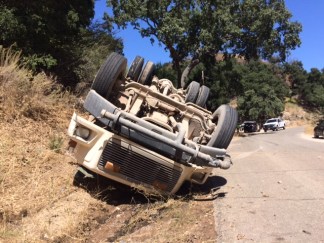
Then, during the next two years, the record shows, county planners repeatedly extended the deadlines for Dayspring to complete his permit application. Last month, they gave him until August 2 to submit everything or risk having his case closed.
“We recognize and appreciate that the county is finally taking action, but we want to know why it took so many years,” said Renee O’Neill, a leading activist for stricter regulation of the cannabis industry in the county. “Tepusquet community has been documenting and reporting illicit activity in relation to this grower since 2015.”
In addition to his Los Padres in-holdings, Dayspring grew marijuana for several years on four properties he owned in Tepusquet Canyon. He applied for county permits to grow 44 acres there; but last summer, the County Board of Supervisors narrowly voted to ban all cannabis cultivation in “existing developed rural neighborhoods,” including Tepusquet Canyon.
Frazzled Tespusquet residents said the heavy truck traffic, truck wrecks, speeding cars, boomboxes, bright lights, and noisy generators that cannabis was bringing into their bucolic canyon were threatening their quality of life.
The record shows that Dayspring racked up a dozen zoning violations in the canyon, such as using night lighting on his hoop houses; erecting hoops without permits; installing generators, fuel tanks, and water tanks without permits; and grading without permits.
But the board stopped short of extending the cannabis ban to properties that can be reached on roads through rural residential neighborhoods, including Tepusquet Road.
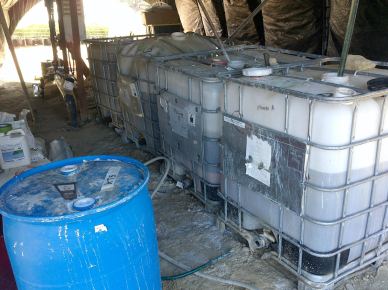
Now, county planners are reviewing a last-minute permit application for six acres of cannabis cultivation on Dayspring’s Los Padres in-holdings; it was submitted by Michael Siegfried on August 1, the day before the final deadline. Siegfried shares ownership with Dayspring on one of the properties.
Siegfried’s filing changes the applicant from 805 Ag Holdings to Depp Mtns 3 and 4, a limited liability company that Siegfried registered with the California Secretary of State on August 2. Depp Mtns has the same mailing address as the Natural Healing Center, the pot shop that Dayspring opened in Grover Beach.
“The former applicant has been replaced by a new operating entity and the responsibly [sic] party has changed,” a July 31 letter to the county from Depp Mtns said.
County planners said they would continue to review Siegfried’s application until further notice. But they noted that if Dayspring is forced to surrender his provisional state licenses, no cannabis can be grown on his properties in Los Padres.
Polluting the Creeks
In recent years, Dayspring’s cannabis operations also have come under scrutiny at the Central Coast Regional Water Quality Control Board. In 2019, the record shows, board inspectors reported numerous violations of state water quality law on Dayspring’s properties in Santa Barbara County, both in Tepusquet Canyon and in Los Padres.
The violations included leaking irrigation lines and tanks of liquid fertilizer, and growing marijuana too close to a creek. Dayspring’s operations were causing significant erosion, the inspectors found. They took photos of piles of bare dirt on his properties and of gullies that had been created by storm runoff from hoop houses. They found that the road into Dayspring’s Los Padres operations was covered with a thick layer of mud and did not meet state standards.
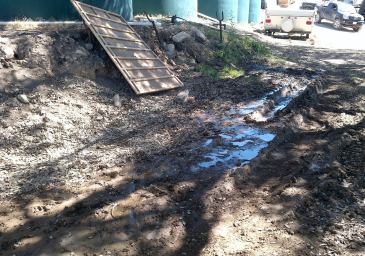
In August 2020, the water board sent Dayspring two Notices of Violation classifying his operations in Los Padres and on one of his Tepusquet Canyon properties as a “high risk” to creek water quality. The notices informed him that growing cannabis less than 50 feet from a creek and failing to control erosion and leaks could pollute the water and endanger steelhead trout. They ordered Dayspring to submit plans to correct the violations within 30 days and informed him that failing to do so could result in fines of up to $7,000 per day.
But Dayspring was never fined. It’s board policy to “try to give violators an opportunity to resolve Water Code violations voluntarily, rather than seeking to impose fines,” Arwen Wyatt-Mair, a senior board engineer, said this month.
Since 2019, Wyatt-Mair said, the board has not conducted follow-up inspections on Dayspring’s properties in Santa Barbara County, and has not received any information from Dayspring indicating that he corrected the long list of violations.
On the Central Coast, Wyatt-Mair said, the board has only one staff person for more than 400 cannabis sites — and those are the ones that are enrolled with the board. Recently, she said, the state board has been shifting its focus to enforcing the law on unenrolled cannabis sites.
Several years ago, Tepusquet Canyon residents Dave and Lil Clary helped create a “crisis committee” to fight what they regarded as an invasion by the cannabis industry into their remote rural haven.
“The biggest problem has been Dayspring,” they said in a joint statement to the press this week. “He’s been a royal headache here in the canyon. He is a prime example of someone who found that illegal activities under the color of law worked a lot better than attempting to behave strictly legally — up to now, at least.”
Melinda Burns volunteers as a freelance journalist in Santa Barbara as a community service; she offers her news reports to multiple local publications, at the same time, for free.
Support the Santa Barbara Independent through a long-term or a single contribution.

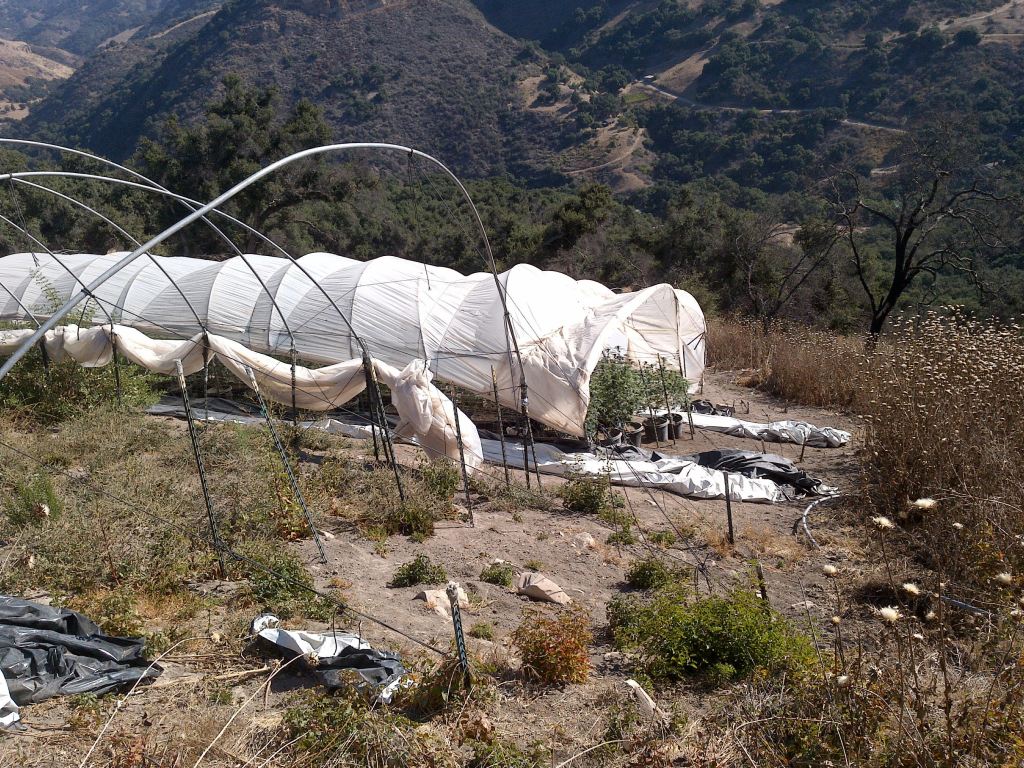
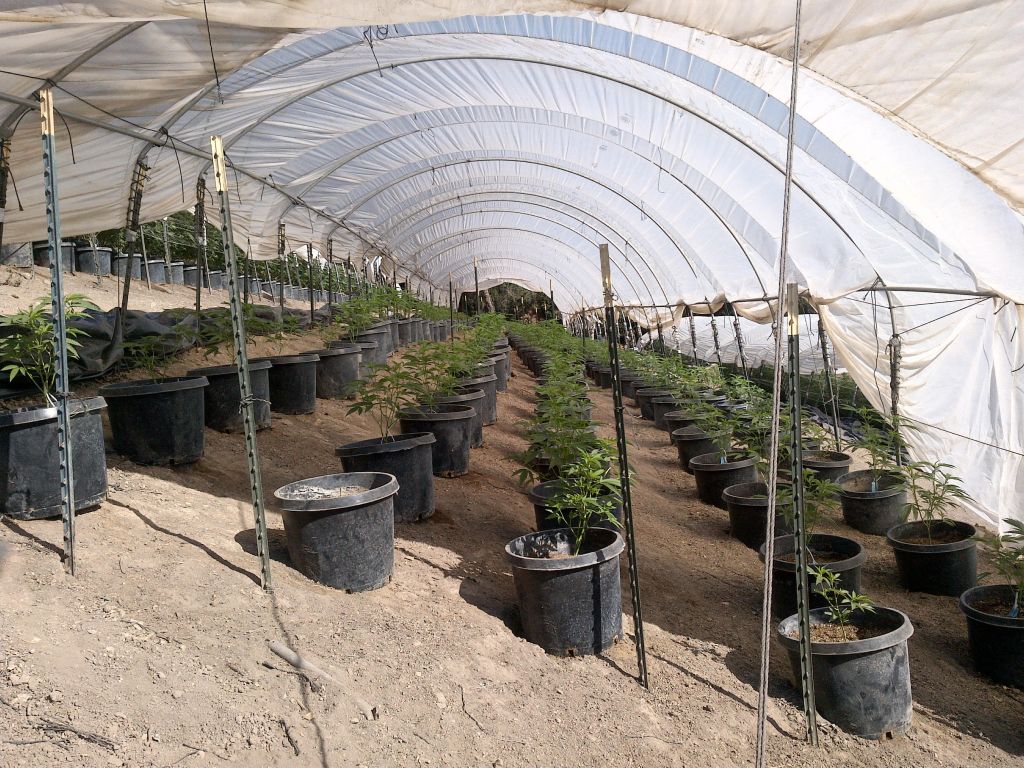
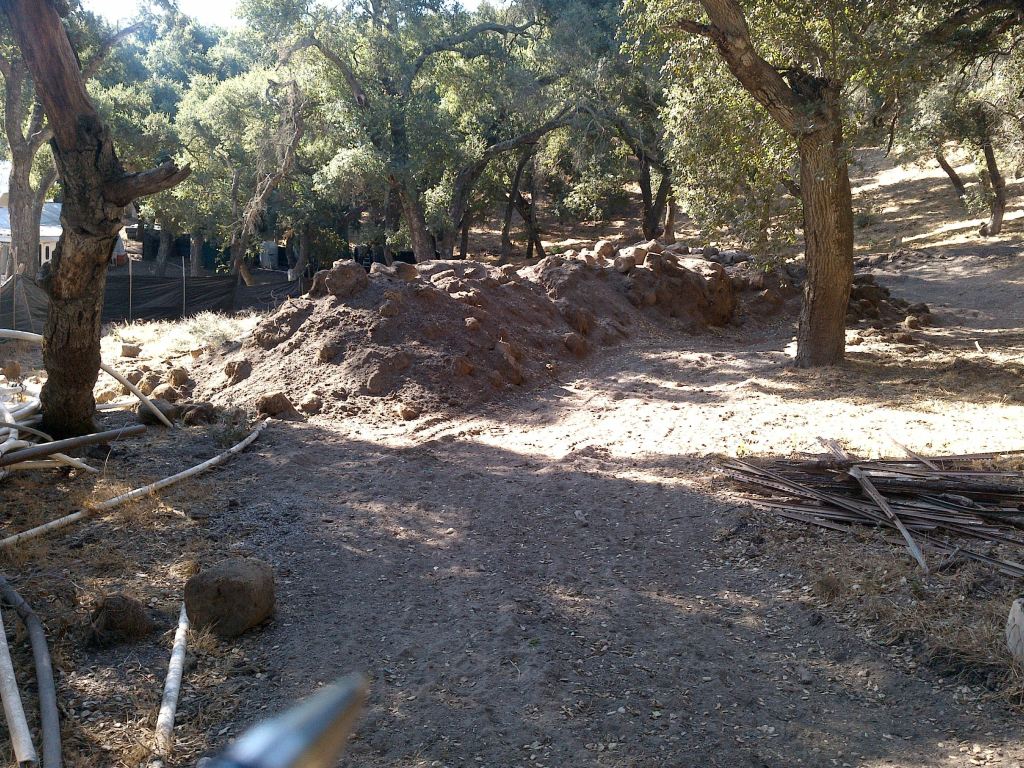
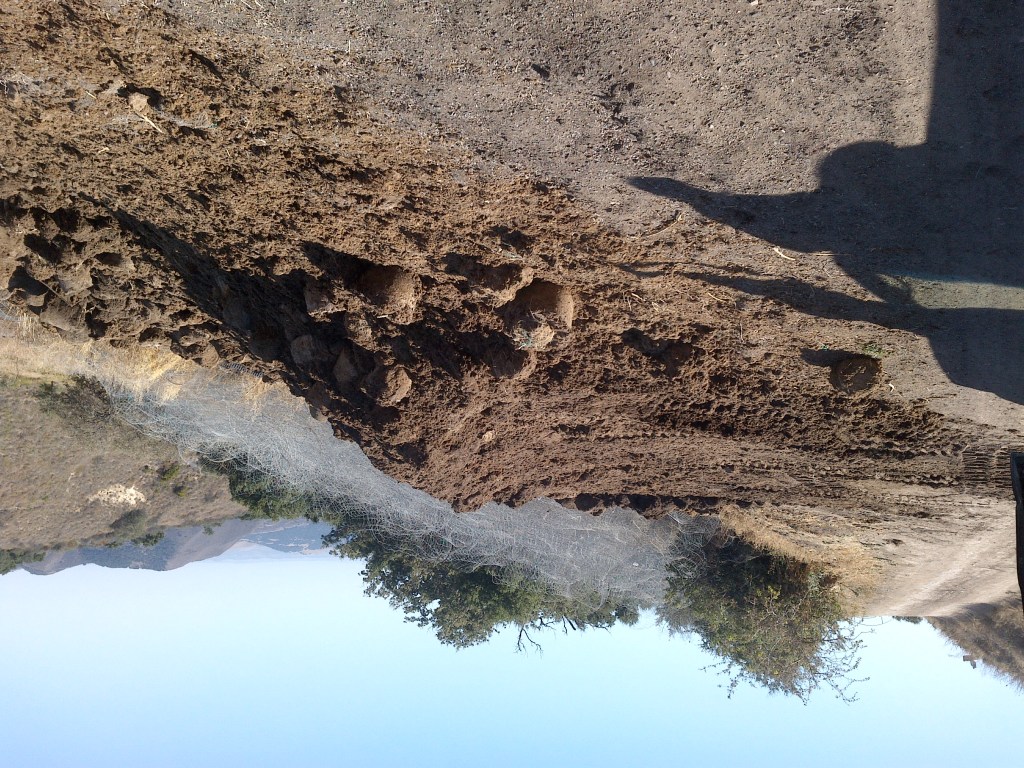
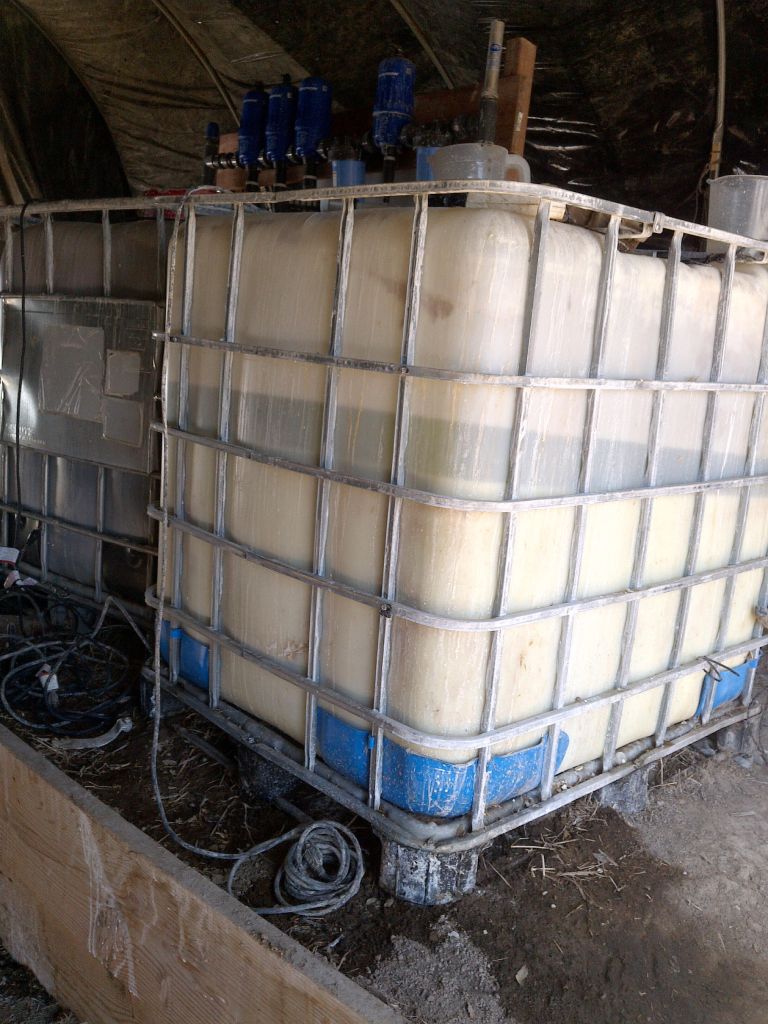
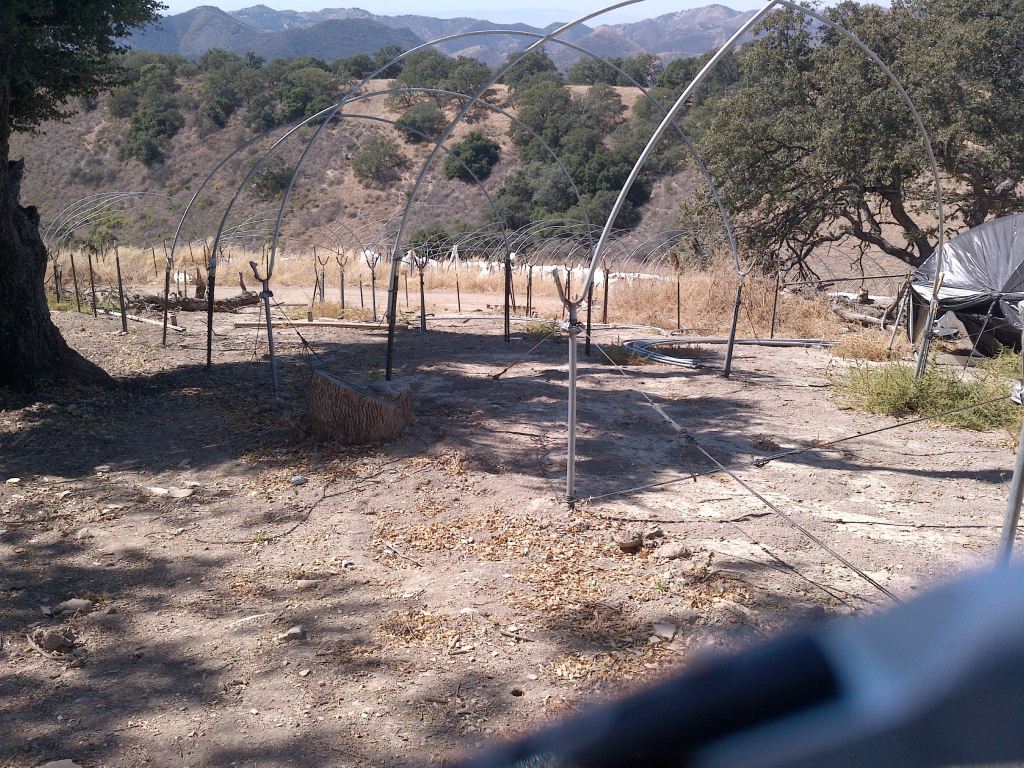
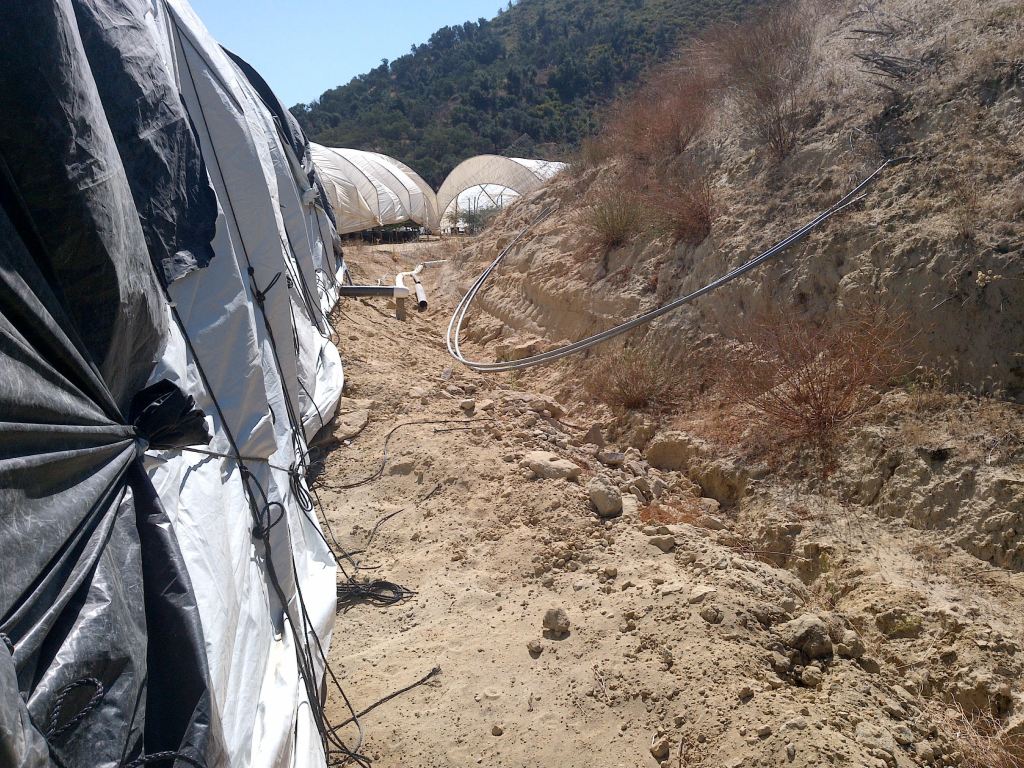
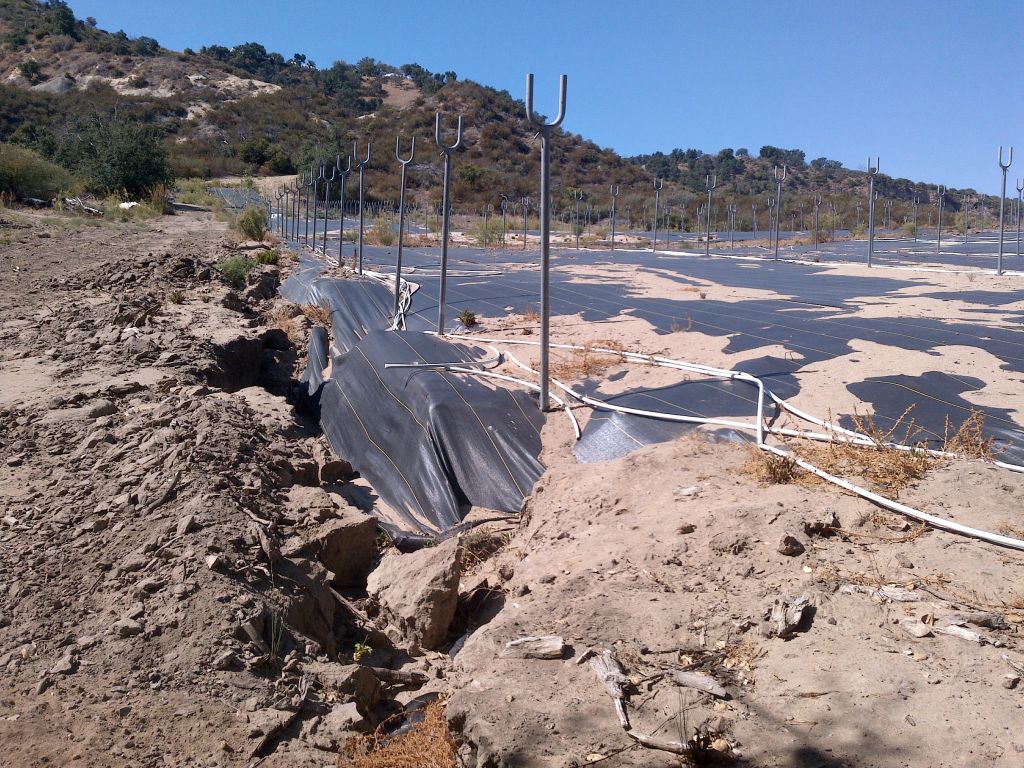
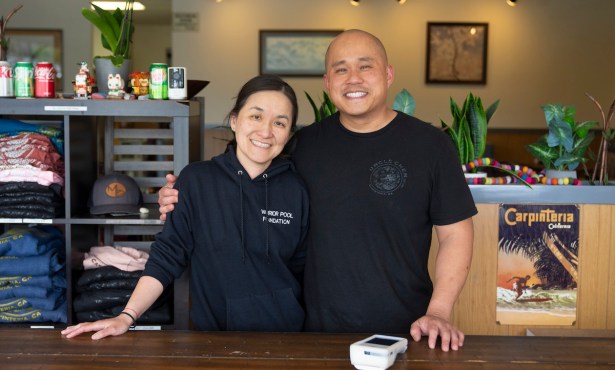
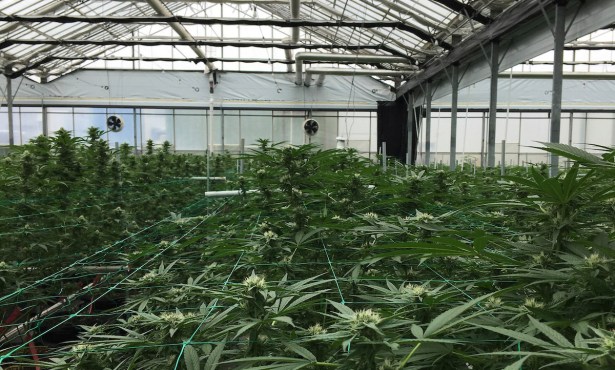
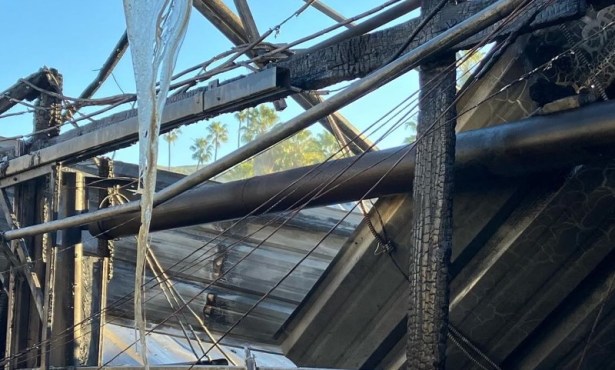
You must be logged in to post a comment.